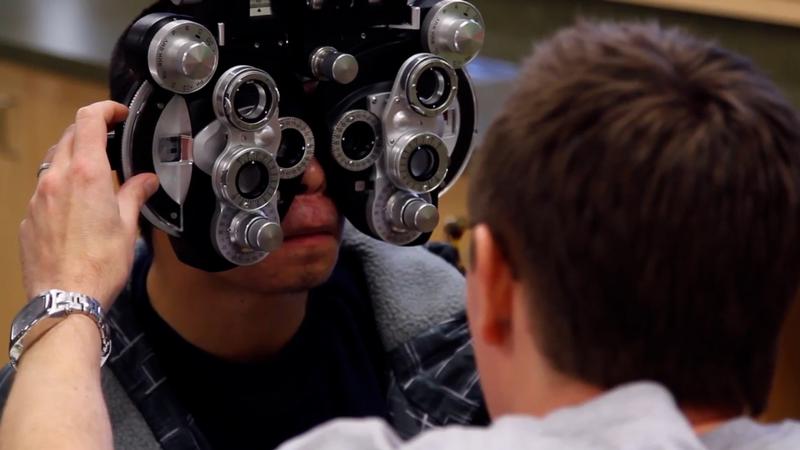In a groundbreaking initiative that addresses critical gaps in Canada’s healthcare system, hundreds of individuals with intellectual disabilities will receive comprehensive health screenings at no cost over the coming months. The program, launched this week across multiple provinces, aims to tackle the well-documented health disparities faced by one of our society’s most vulnerable populations.
“People with intellectual disabilities die on average 15 to 20 years earlier than the general population, largely from preventable conditions,” explained Dr. Mira Patel, medical director of the Canadian Special Health Initiative, during the program’s launch in Toronto. “These screenings represent a vital step toward healthcare equity that has been missing for far too long.”
The initiative brings together over 150 volunteer healthcare professionals, including physicians, dentists, optometrists, and mental health specialists, who will conduct thorough assessments in community centers across major urban areas and several rural communities. Participants will receive vision and dental examinations, cardiac assessments, mental health consultations, and preventive care services that many have gone without for years.
For families like the Hendersons from Prince George, BC, the program offers unprecedented access to essential services. “My daughter Lisa has Down syndrome and accessing specialized care has been a constant struggle,” shared Margaret Henderson. “Appointment wait times can stretch for months, and many specialists lack experience with intellectual disabilities. This comprehensive approach feels like someone finally recognizes the challenges we face.”
Statistics paint a troubling picture of healthcare inequality. According to recent studies from the Canadian Institute for Health Information, individuals with intellectual disabilities are three times more likely to experience undiagnosed health conditions and face significant barriers to receiving appropriate care. Many live with chronic pain, untreated dental issues, and vision problems that dramatically affect quality of life.
The initiative is funded through a combination of federal health grants, provincial contributions, and private sector partnerships with major healthcare companies. Program organizers emphasize that beyond the immediate health benefits, the data collected will inform policy recommendations to address systemic barriers in Canada’s healthcare system.
“This isn’t charity—it’s correcting a fundamental inequity,” noted Dr. James Wilson, a participating neurologist. “Many conditions go undiagnosed because communication differences are mistaken for behavioral issues, or because healthcare providers simply haven’t been trained to adapt standard protocols for diverse needs.”
Community response has been overwhelmingly positive, with all screening sessions fully booked within days of announcement. The program’s early success has already prompted discussions about expanding to additional locations and making it an annual initiative.
“What makes this program unique is its holistic approach,” explained Maya Silverman, disability rights advocate and program consultant. “Participants receive not only medical care but also personalized health education materials, referrals to specialized services, and ongoing support to navigate the healthcare system.”
As the initiative unfolds, health policy experts will be watching closely. Could this model of integrated care represent a new approach to addressing Canada’s healthcare inequities? With our aging population and increasing awareness of disability rights, the question remains: will our healthcare system evolve to truly serve everyone with equal commitment and quality?
For more information on upcoming screening locations or to volunteer, visit the Canadian Special Health Initiative website.
























